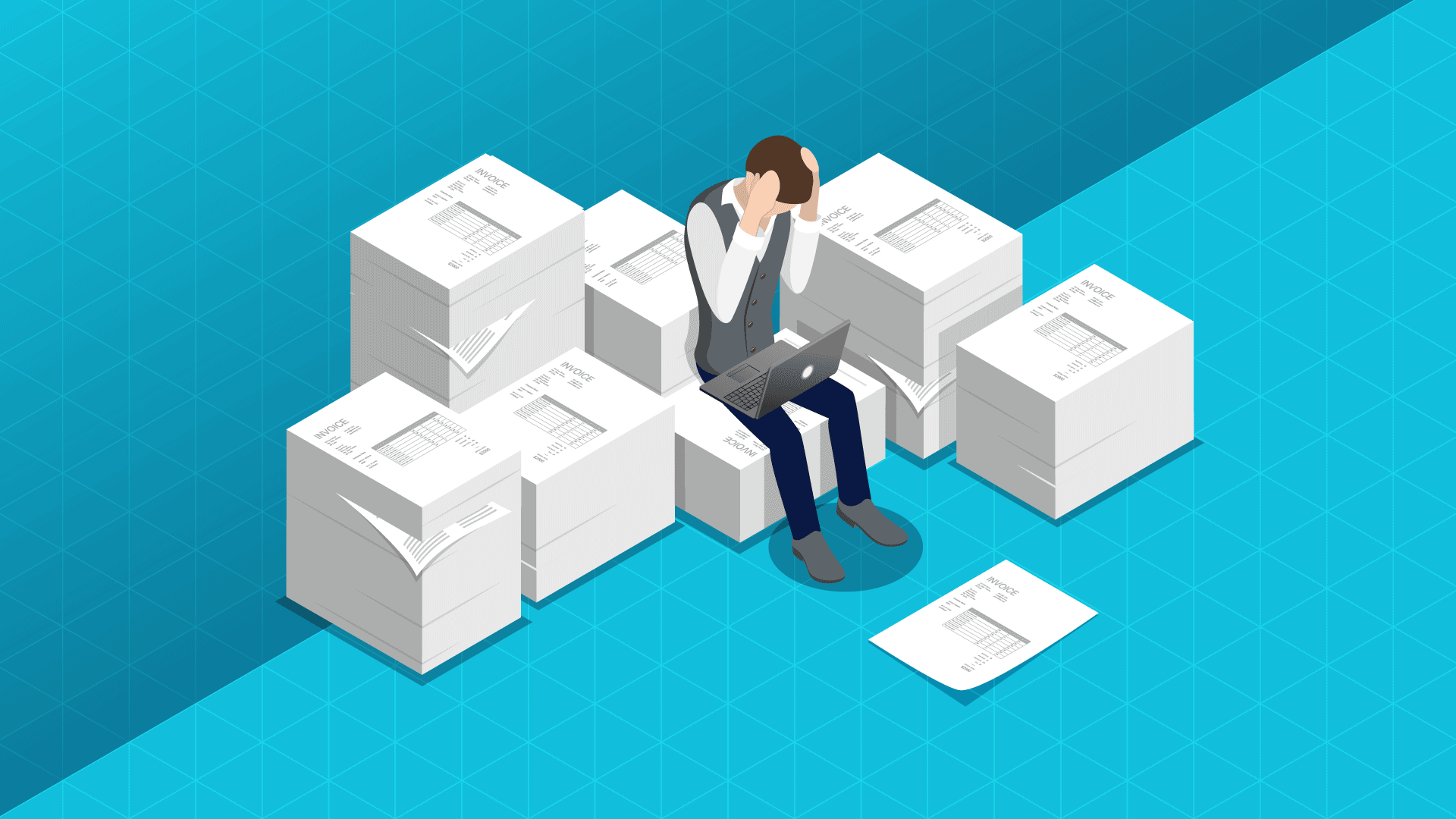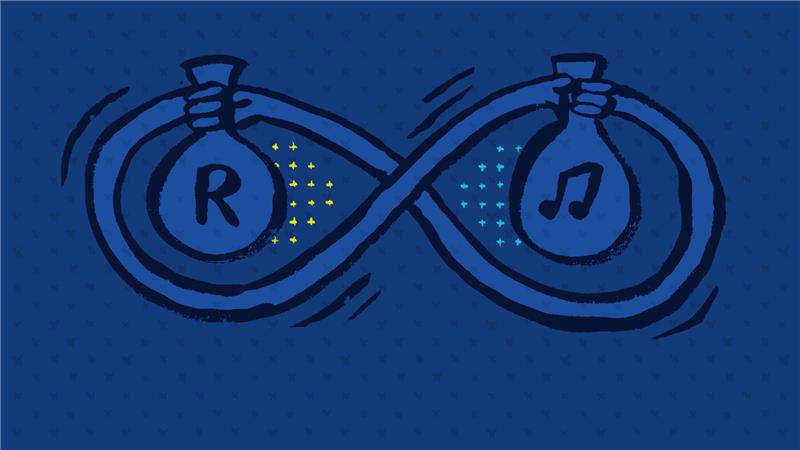You’re a small business owner with existing customers and new prospects. You may just be getting started or perhaps you already have a working system in place to receive regular payments from clients for your services and/or products.
Either way, your priority is quite simply getting paid, on time, every time. In an uncertain economic environment of rising consumer debt levels and debit order disputes, it’s equally important for small businesses to be able to present convenient payment methods to their customers and to be able to reconcile these payments in an efficient and seamless manner. You’ve heard that DebiCheck – a new kind of debit order or authenticated collection – is a better way to collect recurring payments, as it gives consumers full control of their direct debits and offers small businesses like yours greater assurance that your payments will be processed each time.
How to start collecting using DebiCheck
So, what happens next – how does a business actually start collecting payments using DebiCheck? While you could set up a DebiCheck capability by approaching your corporate banking channels, experience tells us that this is likely to be a slow and complicated way to integrate DebiCheck, due to cumbersome technological infrastructure. Furthermore, banks themselves are still in the throes of getting industry-ready and many lack the staffing resources to offer dedicated tech services at a small business level.
But not to worry, there is another non-bank option available to you – enter BankTech. We connect businesses like yours with banking technology, leveraging our deep bank integration and data analytics to implement DebiCheck, while also increasing your overall collections efficiency. Integrating into BankTech’s simplified APIs or using our DebiCheck-ready console is likely to be a much faster and simpler experience.
In order to work with a non-bank to implement DebiCheck collections, it’s important to understand the different types of non-bank roles within the payment landscape. Under the National Payment Systems Act framework, there are two categories of non-bank role players, System Operators (SOs) and Third Party Payment Providers (TPPPs).
System Operator (SO) – sends/moves information
An SO provides the electronic means or technology to facilitate the process of making or receiving payments for your business, but payments are settled straight into your business account. For this to happen, you will need to engage with an Acquiring bank from your side. You will only pay your SO for the use of our platform, while paying transaction fees directly to your bank.
Third Party Payment Provider (TPPP) – sends/moves money
A TPPP collects on your behalf (using our own codes at our bank of choice). Funds are then transferred into your bank account, which causes a delay in settlement. You will then pay your TPPP for a platform fee, as well as the actual bank transaction fee.
BankTech works with small businesses as an SO, enabling you to make payments and get paid, as well as verify and engage with your customers. To request access to our feature-rich console or APIs, get in touch with the BankTech team.


